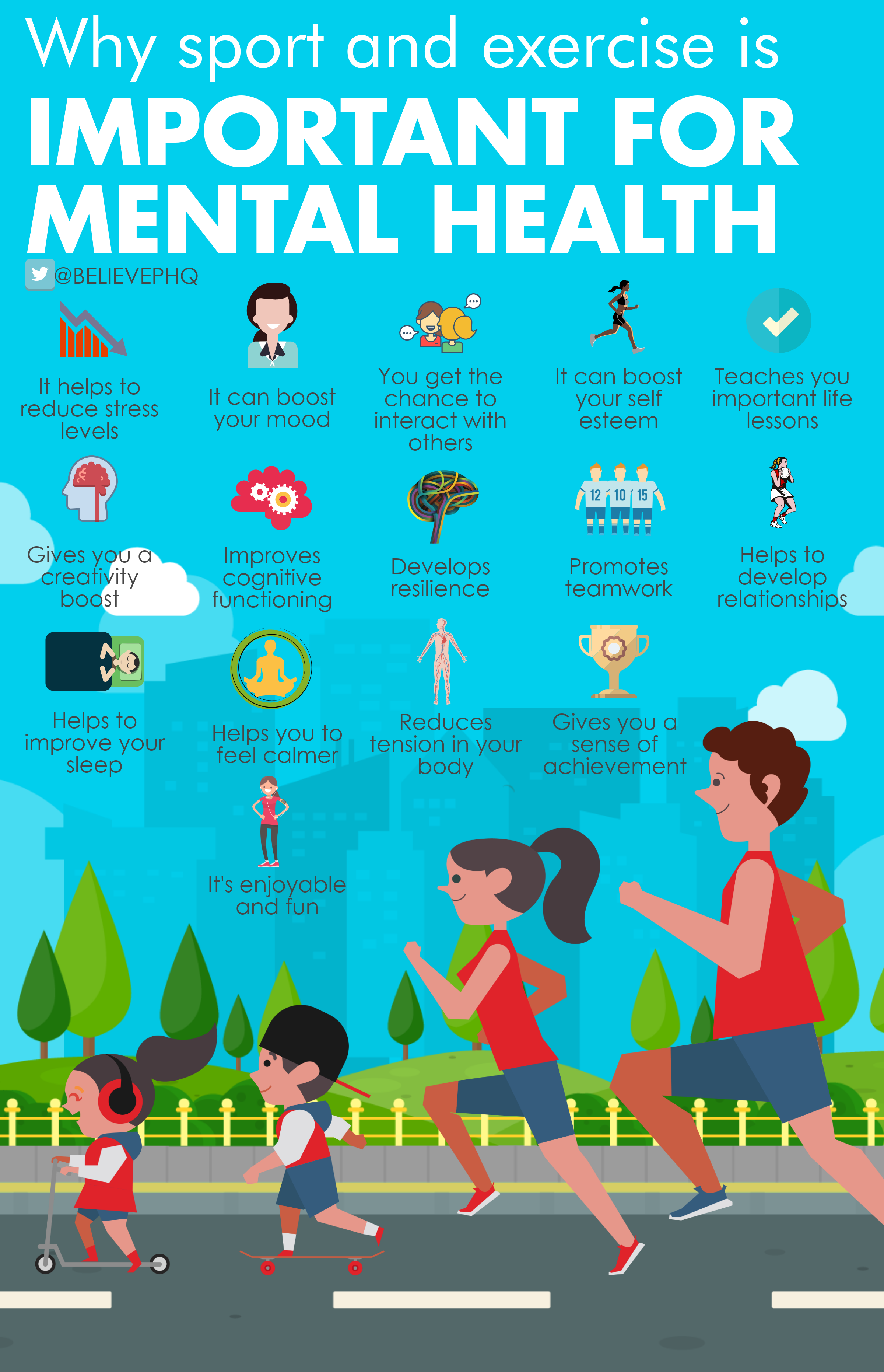Mental Health and Sports Fitness

The Link Between Mental Health and Sports Fitness
Sports fitness is an effective way to boost mental health. Research has shown that exercise helps to reduce stress, anxiety, and depression. It also helps to improve mood, cognitive function, and self-esteem. When you exercise, your body releases endorphins, which are chemicals that make you feel good. Endorphins trigger a positive feeling in the body, similar to that of morphine. This is why exercise is often referred to as a natural antidepressant.
Benefits of Sports Fitness for Mental Health
There are several benefits of sports fitness for mental health. These include:
- Reducing stress and anxiety
- Improving mood and self-esteem
- Enhancing cognitive function
- Reducing symptoms of depression
- Promoting better sleep
Steps to Incorporate Sports Fitness into Your Life
If you’re looking to incorporate sports fitness into your life, here are some steps you can take:
- Choose an activity that you enjoy
- Start small and gradually increase the intensity and duration of your workout
- Find a workout buddy or join a group class to stay motivated
- Make it a habit by scheduling your workouts and treating them as appointments
Pros and Cons of Sports Fitness for Mental Health
Pros
- Cost-effective solution to improve mental health
- No medication or therapy required
- Can be done anywhere and at any time
- Improves overall health and well-being
Cons
- May require time commitment
- May require financial investment in equipment or gym membership
- May not be suitable for individuals with certain medical conditions
- May be difficult to motivate oneself to exercise regularly
FAQs
Q: Can sports fitness cure mental health issues?
A: While sports fitness can help to alleviate symptoms of mental health issues, it is not a cure. It should be used in conjunction with medication and therapy as prescribed by a medical professional.
Q: How long does it take to see the benefits of sports fitness on mental health?
A: The benefits of sports fitness on mental health can be seen as early as a few days after starting a workout routine. However, it may take several weeks or months to experience significant improvement.
Q: What types of sports fitness are best for mental health?
A: Any type of physical activity can be beneficial for mental health. However, activities that involve repetitive movements such as running, cycling, or swimming have been shown to be particularly effective.
Q: Can sports fitness be harmful to mental health?
A: In rare cases, sports fitness can be harmful to mental health. Overexercising or exercising too intensely without proper rest can lead to burnout, fatigue, and injury. It’s important to listen to your body and seek medical advice if you experience any negative symptoms.
